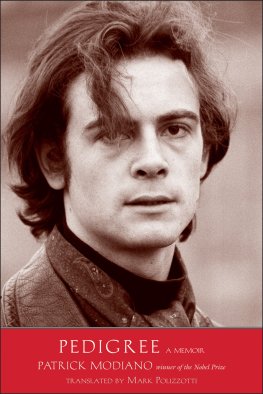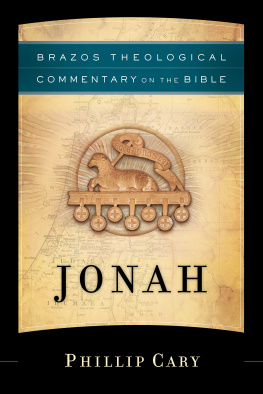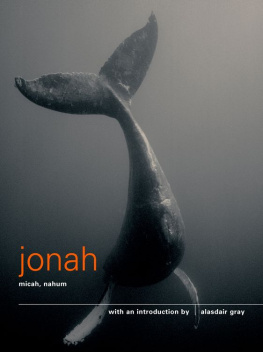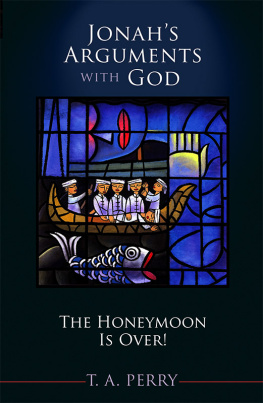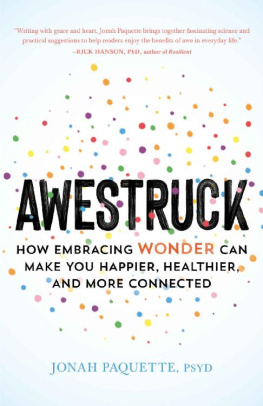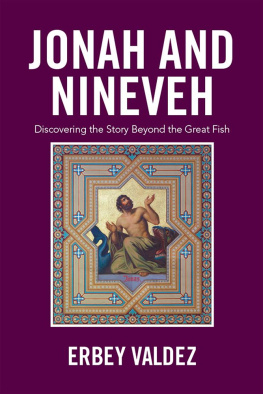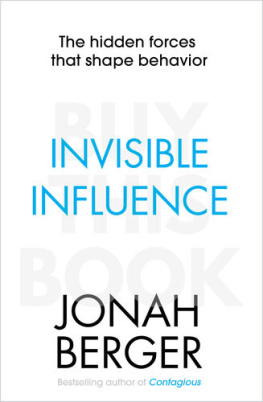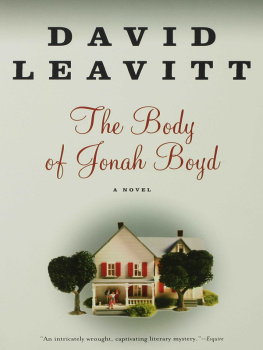CHAPTER 1
INTRODUCTION
From the conversations Ive had over the course of writing this book, Ive come to realize that many people believe that the inspiration to pick up the pen comes from an epiphany of new knowledge, or a middle-of-the-night idea that you cant shake the next morning. For some, this might follow accordingly, but for me, I argue that the moment is much less grand. It was less of an instantaneous realization and more of a gradual uncomfortableness that drove me to undertake this project. That uneasy compulsion was driven by, admittedly, a more personal desire to learn rather than share, but throughout the process, Ive come to embrace the duality and respective benefits of each. It is my hope that each reader comes away with more than an understanding of my passions and interest in the topic. I wish for it to be a call to action, a rallying call to be inquisitive rather than accepting, and to, like the famed tragedian Euripides once said, question everything. Learn something. Answer nothing. While it may have been an amazing jumping-off point, my story does not begin in ancient Athens, or even with a profound quote such as that.
Instead, its inception finds itself in a library squared away near the edge of my town, tucked between city hall and the local police station. The library was nothing special and relatively unimpressive by all accounts, but its complete silence called to me throughout the course of my childhood. Up until high school graduation, Id often go to the library on weekends, alone and without any sense of purpose other than to pick up a random title, read the first thirty pages, and find the next until the afternoon passed by. Gradually, as I grew up, the library played two roles in my life: an academic resource, and a refuge from social stress, drama, and life as a teenager. As high school droned on and the free time I had dwindled away, I strangely found more time to get out and spend time there. Strange, meaningless tasks would nestle themselves into my mind, tugging at the curiosity in me. I would walk around the building, count all the entrances and exits, and repeat this three times over. Sometimes I tried to guess the numbers of books Id have to stack to reach the arched ceiling that might have been four hundred feet above ground level for all I knew. Curiosity also drove me to the shelves. I began to pick up books and read them through, cover to cover. It was my me time. I never worried about being disturbed, simply because everyone else was self-absorbed. In a way, it was, to me, the most selfish and intimate place in the world.
While I flirted with magazines, journalistic styles, and science fiction (and yes, the Percy Jackson series), I always gravitated toward the theoretical, what-if books that teetered the line between fiction and non-fiction. Dystopias that imagined a world where reality was an instrument of those in power and where the separation between fact and fiction was impossible. But at the end of the day, that is all they werestories, carefully crafted to draw in a reader and keep them there for two to three hundred pages. Or were they?
In the spring of 2019, I was on my sixth read of the famed novel 1984 by George Orwell. The books impact on me has been far-reachingits one of the reasons I decided to pursue political science in school. For me, Orwell reaches deep into the idea that history is a social fabric fashioned by those that have the ability to do so. The implication of Orwells construction is the realization that there is simply no way to distinguish the objective from the subjective. Even more importantly, what we actively believe to be a historical truth could be, and for long time has been, fabricated. At what point, therefore, do we draw a line between what we can identify and verify and what we cannot? Although my interest in political science largely grew away from theoretical scenarios like the one in 1984 and more toward qualitative analyses of historical leaders, the main themes have always stuck with me.
Winston Churchill once said that those who fail to learn from history are doomed to repeat it, and I, as a young student influenced heavily by the musings of Orwellian dialogue and the dangers of a totalitarian society, was ardently committed to following his advice. However, the more I learned about certain political figurespoliticians, dictators, influential decision-makers, nineteenth-century monarchsI came to discover a more linear path to understanding than I would have hoped.
For mainstream political figures such as US presidents, like Ronald Reagan, and UK prime ministers, like Margaret Thatcher and even Churchill himself, there existed a plethora of discussion and debate over their legacies. Opinions were varied, sides were taken, and evidence was presented for a compromise that encouraged new lines of thinking. But for more controversial, less politically beautified figureslike the heads of dictatorial regimes, architects of the French Revolution, or conquistadores during the Age of Explorationhistorical perception was clear and cut strictly at the polar ends of the scale of good and bad, with no space in the middle for debate. Textbooks I read in school and assessments I took on these subjects forced me to take a definitive stance on their impact based off of the same small sample of evidence that was provided. It seemed forced, like their legacies were cemented in history, and to revisit and challenge those assumptions was likened to opening up a can of worms.
This type of bias never sat right with me and reminded me of Orwells ideas. If history was easily bent to the inclinations of those that controlled the distribution of information, was it not more opinion that fact? It was this question that led me down a path of exploration that has become this book. I have infused my curiosity into the historical interpretations of the legacies of political leaders. I have decided to build an inquiry to test the identity of history as an objective record. I will look into controversial political figures of the last millennia and investigate how historical misconceptions have altered our perception and have infringed on our ability to have an objective analysis of their key decisions and moments.
Today, were caught in the same trap of easy definitions and historical misinterpretations. Blanket characterizations reign supreme, especially in the cases of some of historys most controversial figures. Leaders who emerged during events of extreme political and social unrest are largely etched into history by a certain defining actwhich later becomes their most noteworthy contribution. These range from the miniscule fallacies to the large, consequential ones. But through popularization and universal acceptance, anything can become a truth. On the small, harmless end of the spectrum, take for instance Marie Antoinette. Queen of the French Republic during the Revolution, Antoinette is remembered simply by her most famous phrase: let them eat cake




